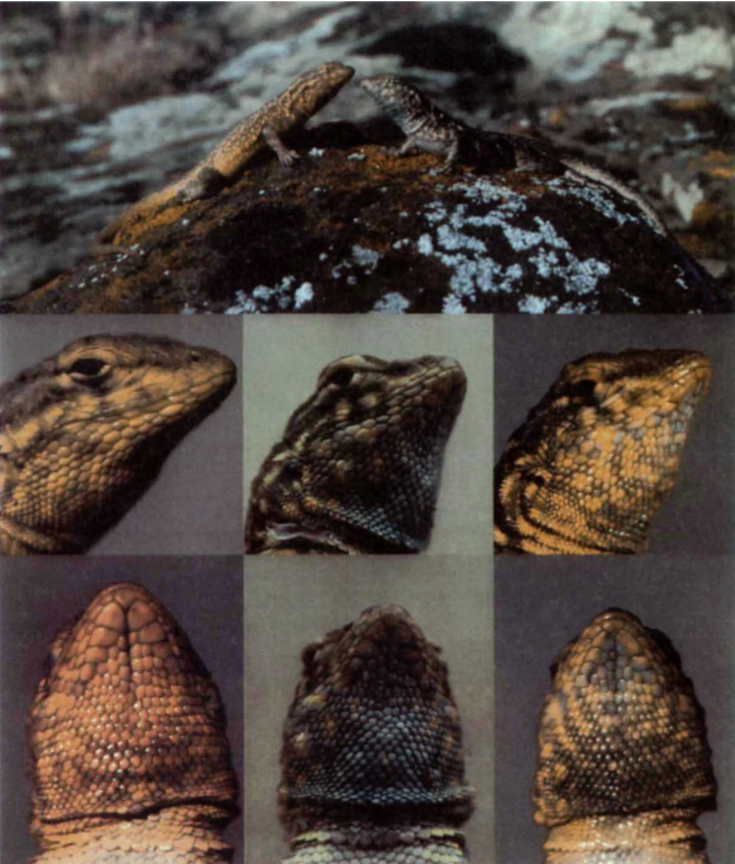Click here and press the right key for the next slide.
(This may not work on mobile or ipad. You can try using chrome or firefox, but even that may fail. Sorry.)
also ...
Press the left key to go backwards (or swipe right)
Press n to toggle whether notes are shown (or add '?notes' to the url before the #)
Press m or double tap to slide thumbnails (menu)
Press ? at any time to show the keyboard shortcuts
Introduction: Why Investigate Philosophical Issues in Behavioural Science?

challenge
Discover why people act,
individually and jointly.
Integration Question


Why are you here?
challenge
Discover why people act,
individually and jointly.
When you act,
there are reasons why you act;
you know the reasons;
you act because you know the reasons; and
the reasons justify your action. make your action intelligible.
Is this true?

three illustrations
1.

game theory
When you act,
there are reasons why you act;
you know the reasons;
you act because you know the reasons; and
the reasons justify your action. make your action intelligible.
1. Game-theoretic explanations do not involve knowledge of reasons.
2. Game-theoretic explanations do apply to some human actions.
∴
3. Not all human actions involve knowledge of reasons.


challenge
Discover why people act,
individually and jointly.
Integration Question
2.
anarchic hand syndrome
When you act,
there are reasons why you act;
you know the reasons;
you act because you know the reasons; and
the reasons justify your action. make your action intelligible.
‘The right hand frequently carried out complex activities that were not willed by G.C.
(Della Sala et al., 1991, p. 1114)

challenge
Discover why people act,
individually and jointly.
Integration Question
3.
habitual processes
When you act,
there are reasons why you act;
you know the reasons;
you act because you know the reasons; and
the reasons justify your action. make your action intelligible.

challenge
Discover why people act,
individually and jointly.

challenge
Discover why people act,
individually and jointly.
challenge
Discover why people act,
individually and jointly.
When you act,
there are reasons why you act;
you know the reasons;
you act because you know the reasons; and
the reasons justify your action. make your action intelligible.
Is it true?
Philosophical Issues
in
Behavioural Science:
from Individual
to Collaborative
Action